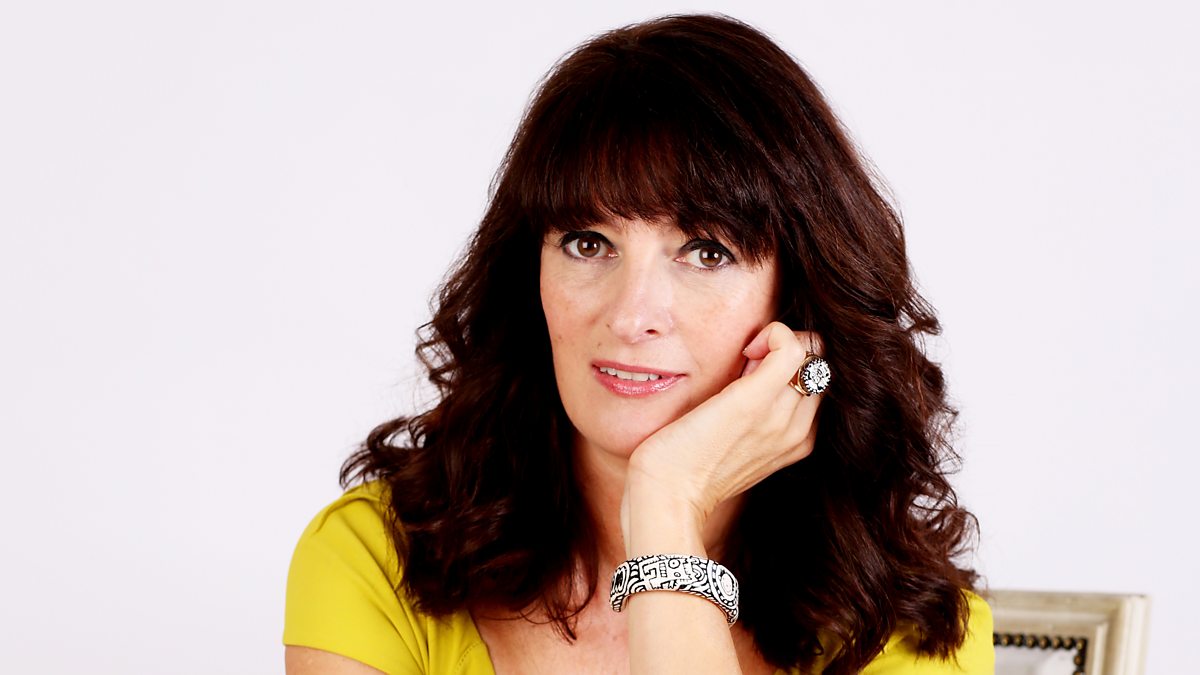I can't be convinced of these arguments, albeit presented by an academic of unimpeachable literary reputation. I see children's fiction - whoever reads it - as essentially escapist: this is how things ought to be, how we want them to be. Comfortable and comforting. But:
'Today, 39% [of children's fiction] is bought for readers over 16, with millennials identified as the biggest adult consumers of children’s fiction.'
'In 2018, [UK book sales monitor] Nielsen says 24-to-34-year-olds bought for themselves or received 12% of all the children’s fiction purchased, double the 6% recorded in 2014. Readers aged 17 to 24 were, however, the largest group of adults who bought children’s fiction for themselves, accounting for one in every eight purchases, compared to 10% five years ago. In total, a third of all children’s fiction purchased last year was by adults to read themselves.'
However: 'The Nielsen data also shows adults increasingly want children’s stories read to them: 61% of purchases of children’s audiobooks were for listeners over 16 in 2018, up dramatically from 38% in 2014.'
But (NB reviewer opinion): 'Now 32, she was among the first cohort of children who grew up reading Harry Potter – “I was 12 when Harry was 12, I adored those books” – and exemplifies how her generation continues to hunger for children’s fiction as adults.'
What I would like to know is what adult fiction is read by such 'millennials' because I see nothing wrong with reading adult and children's fiction - but to never 'grow into' adult fiction seems to me to be worrying rather than joyful.


 )
)
Comment